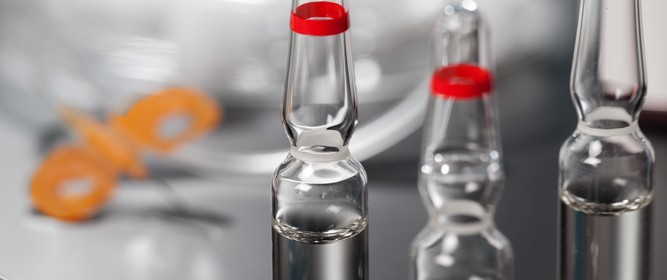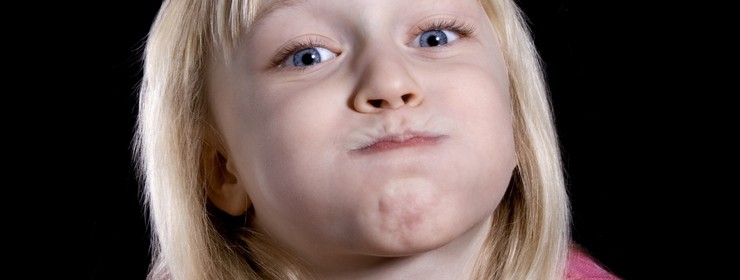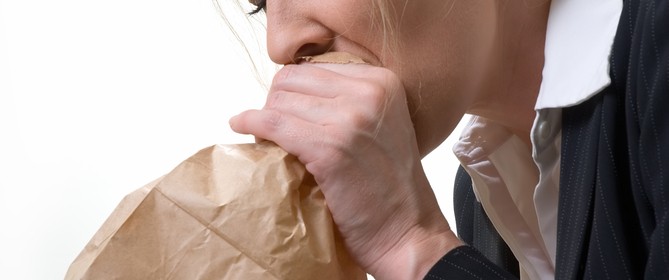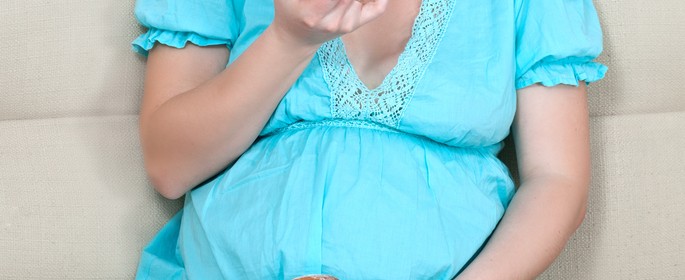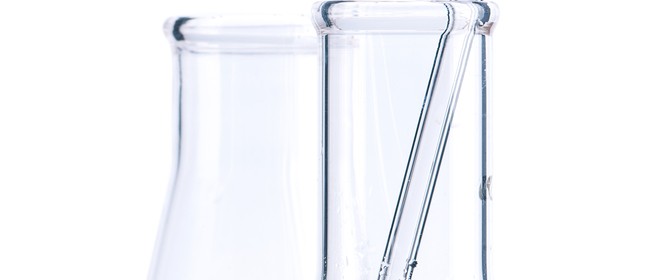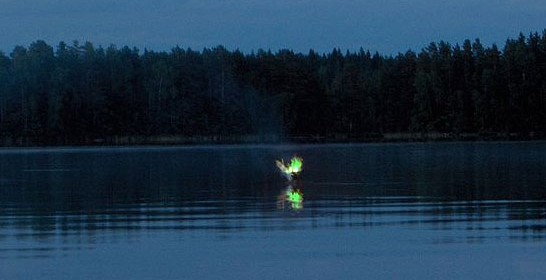Is Cellulite Different From Regular Fat?
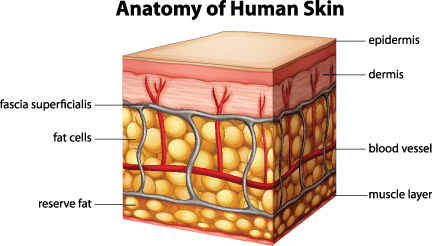
Ally asks: Is cellulite different from regular fat? In a sense, yes, but your question is a tad like comparing orange juice to the texture of an orange peel. While cellulite, also known as gynoid lipodystrophy, is often thought of as fat, that isn’t quite accurate. Fat is just a component of what causes cellulite, so perhaps more aptly cellulite […]
Read more
